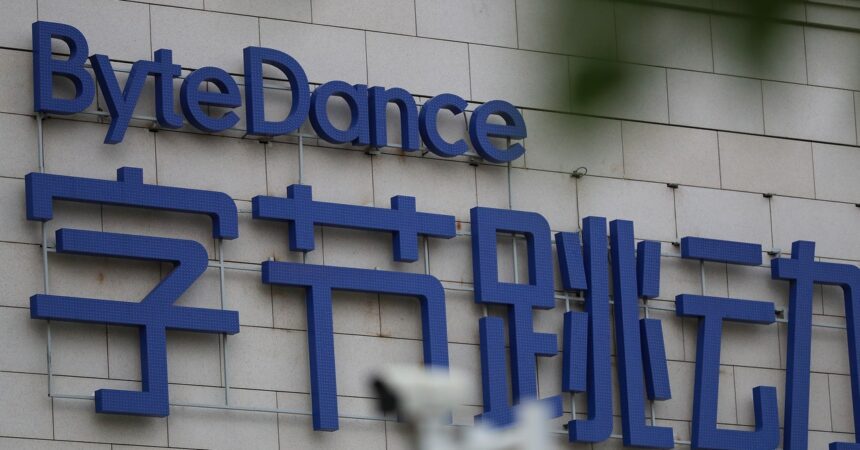ByteDance Apps Banned in the US: What It Means for Users and the Future of Social Media
The digital landscape has rapidly evolved, particularly in the realm of social media and mobile applications. However, recent developments have triggered significant disruptions for users in the United States who engaged with apps under the ByteDance umbrella, most notably TikTok. As of January 18, 2024, following the enactment of federal regulations, TikTok and several other ByteDance-owned applications have ceased operations for US-based users, marking a pivotal moment in the ongoing debate surrounding data privacy and national security.
The Ban: What Happened?
The Protecting Americans From Foreign Adversary Controlled Applications Act (PAFACA) was implemented with the primary motivation of safeguarding national security amidst growing concerns that Chinese laws compel domestic companies to share data with the government. PAFACA mandated ByteDance sell its flagship app TikTok and its other offerings to a company outside of China by the January 19 deadline. However, due to the lack of a sale, ByteDance commenced blocking US users from accessing TikTok and related applications. A notification on the TikTok app succinctly encapsulated this: "A law banning TikTok has been enacted in the US. Unfortunately, that means you can’t use the TikTok app for now.”
The Impact on ByteDance-Owned Apps
The ramifications of this legislative move extend beyond just TikTok. Many other applications that are part of the ByteDance ecosystem have become unavailable:
1. CapCut
CapCut, a popular video-editing tool preferred by amateur creators for crafting videos destined for TikTok and other platforms, can no longer be accessed. Its user-friendly interface and powerful features made it a staple for content creators prior to the ban.
2. Lemon8
Lemon8, which mimics features from successful Chinese social media apps, launched in February 2023 and was marketed as a photo-sharing service. Initially seen as an alternative for TikTok users seeking new platforms in wake of the crackdown, it has also gone offline.
3. Gauth
Gauth, an educational tool providing AI-assisted homework help, has reportedly served over 300 million users. Due to the ban, students seeking assistance with their studies are left with fewer options.
4. Hypic
Hypic, a photo-editing app that integrated generative AI technology for enhancing images, has also vanished from app stores, reducing the tools available for creative expression.
5. Lark
The Lark application, which enables workplace communication akin to Slack, was originally designed for ByteDance’s internal communications. Now, with it becoming unavailable, many users in China may face challenges moving forward.
6. Melolo, Fizzo, MyTopia Books
These apps offered entertainment services such as short dramas and online fiction, but similar to others, they have seen the door shut on their US operations, with only MyTopia Books cautiously remaining available in the US App Store.
7. Tokopedia
While primarily an ecommerce platform based in Indonesia, Tokopedia’s acquisition by ByteDance in December 2023 saw it integrated with TikTok’s operations. Although it is not entirely unavailable—still accessible on Google’s Play Store—it reflects the fractured landscape for ByteDance’s initiatives.
What’s Next for ByteDance and TikTok?
The landscape is not entirely devoid of hope; with Donald Trump taking office as President again, speculation grows around a potential extension of the sale deadline for TikTok by an additional 90 days. Many are eager to witness how this transition will affect the apps and if ByteDance can navigate a resolution that allows its popular platforms to resume their operations in the US.
Broader Implications for Social Media and International Relations
The ban on these applications underscores a growing trend where national security concerns are increasingly influencing tech markets. The lasting impacts of PAFACA’s enactment raise questions about data privacy, foreign ownership of technology companies, and the future of popular applications, sparking discussions around the boundaries of entertainment and safety.
In conclusion, as ByteDance faces challenges from US regulatory measures, both users and creators are left navigating a complex and evolving digital landscape. The fallout from this ban indicates both a pivotal shift in user experience and a potential awakening for social media companies operating on international borders, prompting a re-evaluation of how data privacy and security shape the future of technology. As we keep our eyes on forthcoming developments, the world will be watching closely to see how this intricate situation unfolds.










